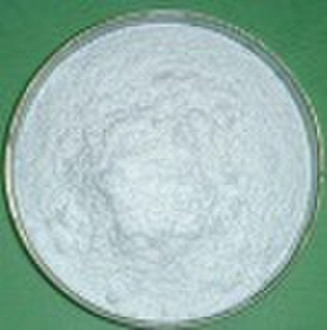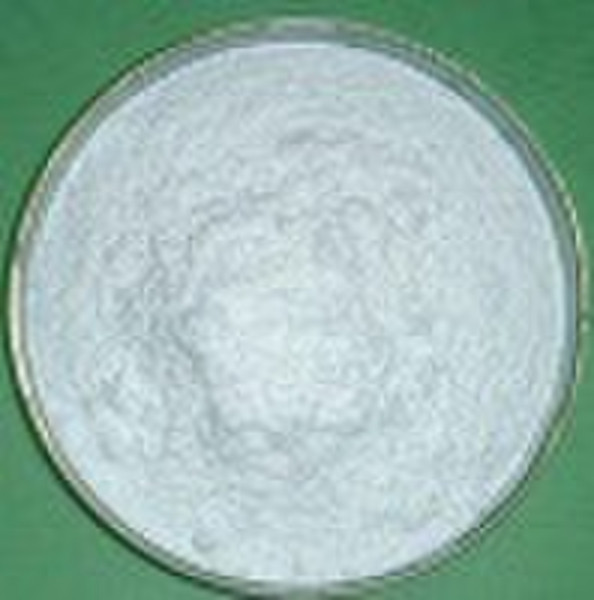绿茶取90%EGCG
原价: 350,00 USD
长沙镇, 中国
生产能力:
200 公斤 / 年

Thomas Chan
联系人姓名
基本信息
| 包装 | Drum |
|---|---|
| 出生地 | Hunan China (Mainland) |
| 年级 | cosmetic&drug |
| 牌子的名字 | Natural |
| 模式的数量 | NAT |
| 类型 | 茶叶中提取 |
| 形式 | 粉 |
| 一部分 | 叶 |
| 开采的型 | 溶剂萃取 |
We investigated the effect of EGCG on excitotoxic neuronal damage in a culture system and the effect on brain edema formation and lesion after unilateral cerebral ischemia in gerbils. In vitro, excitotoxicity was induced by 24-hr incubation with N-methyl-D-aspartate (NMDA; 10 microM), AMPA (10 microM), or kainate (20 microM). EGCG (5 microM) was added to the culture media alone or with excitotoxins. We examined malondialdehyde (MDA) level and neuronal viability to evaluate the effect of EGCG. In vivo, unilateral cerebral ischemia was induced by occlusion of the right common carotid artery for 30, 60, or 90 min and followed by reperfusion of 24 hr. Brain edema, MDA, and infarction were examined to evaluate the protective effect of EGCG. EGCG (25 or 50 mg/kg, intraperitoneally) was administered twice, at 30 min before and immediately after ischemia. EGCG reduced excitotoxin-induced MDA production and neuronal damage in the culture system. In the in vivo study, treatment of gerbils with the lower EGCG dose failed to show neuroprotective effects; however, the higher EGCG dose attenuated the increase in MDA level caused by cerebral ischemia. EGCG also reduced the formation of postischemic brain edema and infarct volume. These results demonstrate EGCG may have future possibilities as a neuroprotective agent against excitotoxicity-related neurologic disorders such as brain ischemia
交货条款及包装
Packaging Detail: 1kg /bag Delivery Detail: 3-5 work days
端口: ChangSha
付款条款
Letter of credit
Telegraphic transfer
MoneyGram
Western Union
-
支付方式
我们接受:









